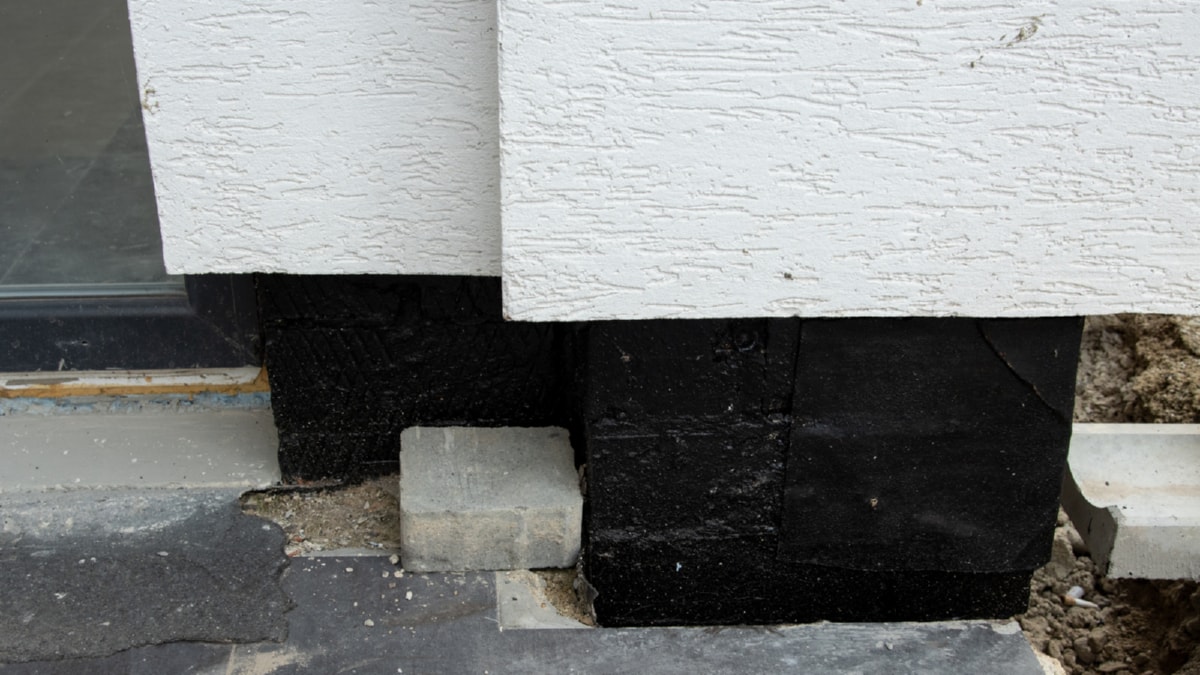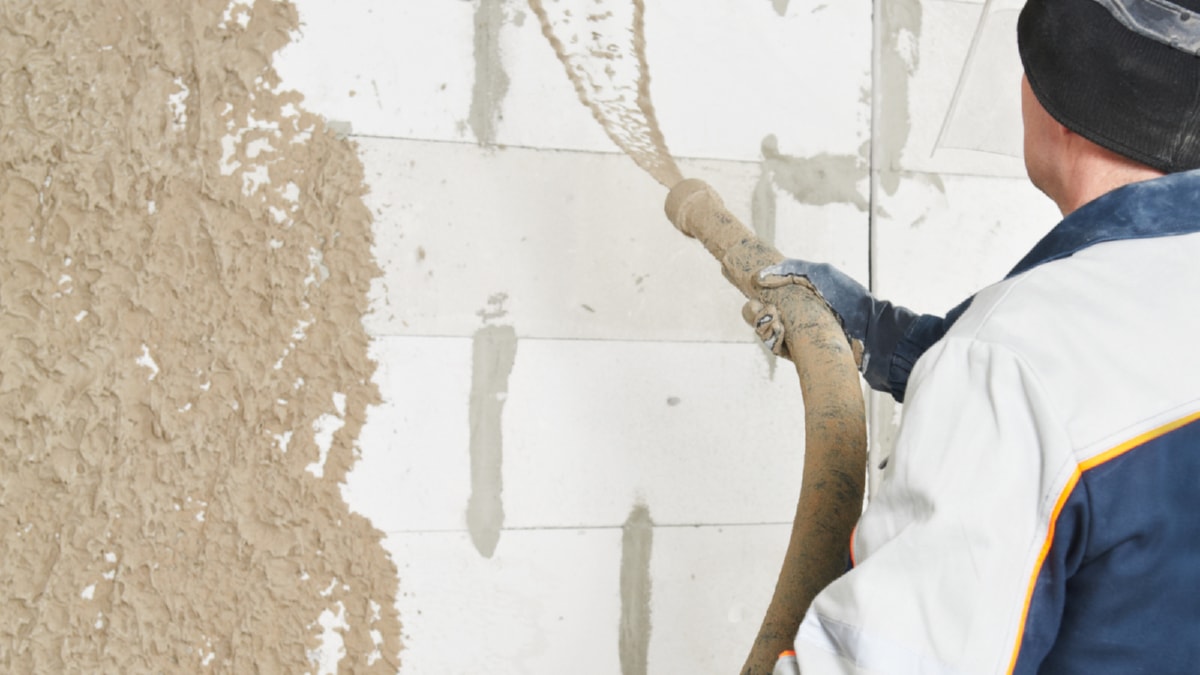As we delve deeper into the 21st century, innovative technologies are playing a significant role in shaping the industry. These technological advancements not only improve the efficiency of construction processes but also raise the safety and quality of the structures being built.
New technologies like Building Information Modeling (BIM) are revolutionizing the industry. The advent of BIM, for instance, has radically changed the way construction projects are planned and executed. Instead of relying on conventional 2D blueprints, BIM allows for the creation of comprehensive 3D models, offering a more accurate visualization of the project. This technology doesn’t just simplify the construction process, but also helps in resolving potential issues before they occur, thereby reducing costly delays.
Another revolutionary technology in construction is 3D printing. This technology enables the creation of complex designs and structures, which were previously thought to be unachievable using traditional construction methods. 3D printing has the potential to significantly speed up the construction process, reduce waste, and even lower the industry’s carbon footprint.
Meanwhile, the utilization of drones in construction is becoming more prevalent. Drones offer a high-level view of construction sites, giving real-time data and imagery that can be used for overseeing project progress and ensuring site safety. They can also be used to inspect hard-to-reach areas, eliminating the need for workers to risk their safety.
Moreover, Artificial Intelligence (AI) is making its mark in the construction industry. AI-powered software can evaluate large amounts of data quickly and accurately, assisting in decision-making processes. AI can also be used to oversee worker productivity and safety, and even predict potential project delays.
As we look to the future, these technologies will continue to shape the construction industry, driving efficiency, safety, and sustainability. With these advancements, the future of construction looks optimistic. It’s clear that the integration of these technologies will not only streamline the construction process but also revolutionize the entire industry.
In conclusion, it’s undeniable that new technologies are shaping the future of construction. As these technologies continue to evolve, the construction industry will need to change, embracing these advancements to stay ahead of the curve. The future of construction is full of potential, and it’s exciting to imagine what the industry will look like in the years to come.
For more details, check best Farmyard Lane Resurfacing Kildare Galway Limerick Mayo Offaly or visit their Farmyard Lane Resurfacing Kildare Galway Limerick Mayo Offalybusiness listing here.




